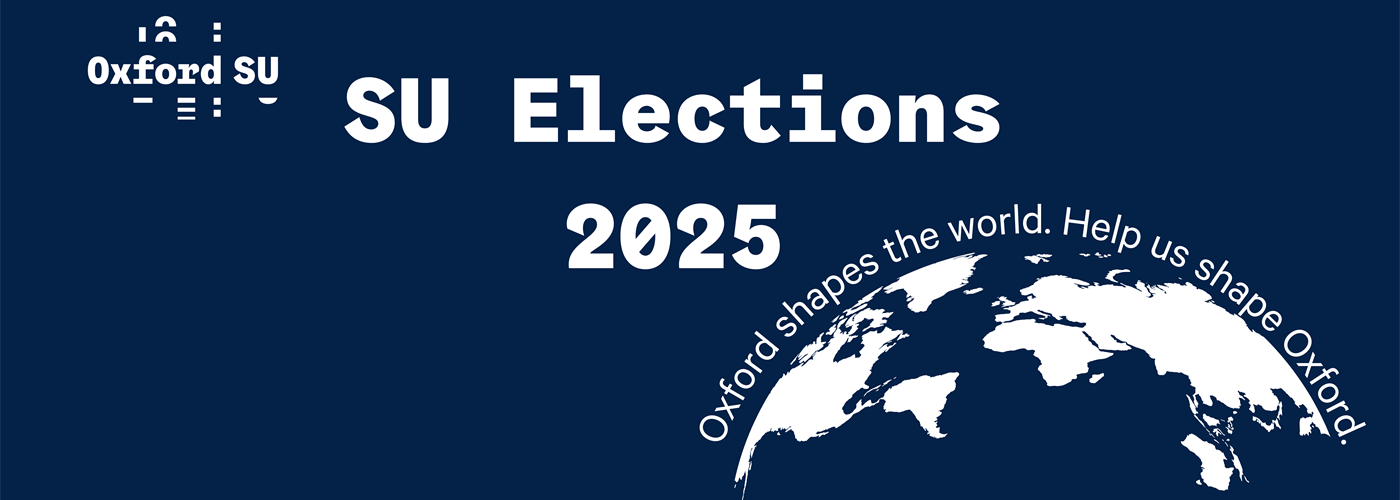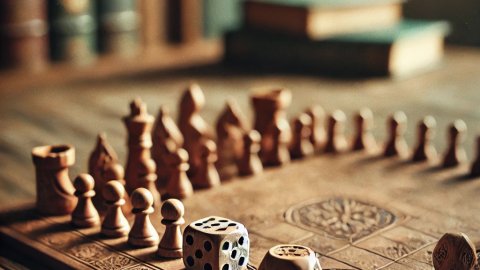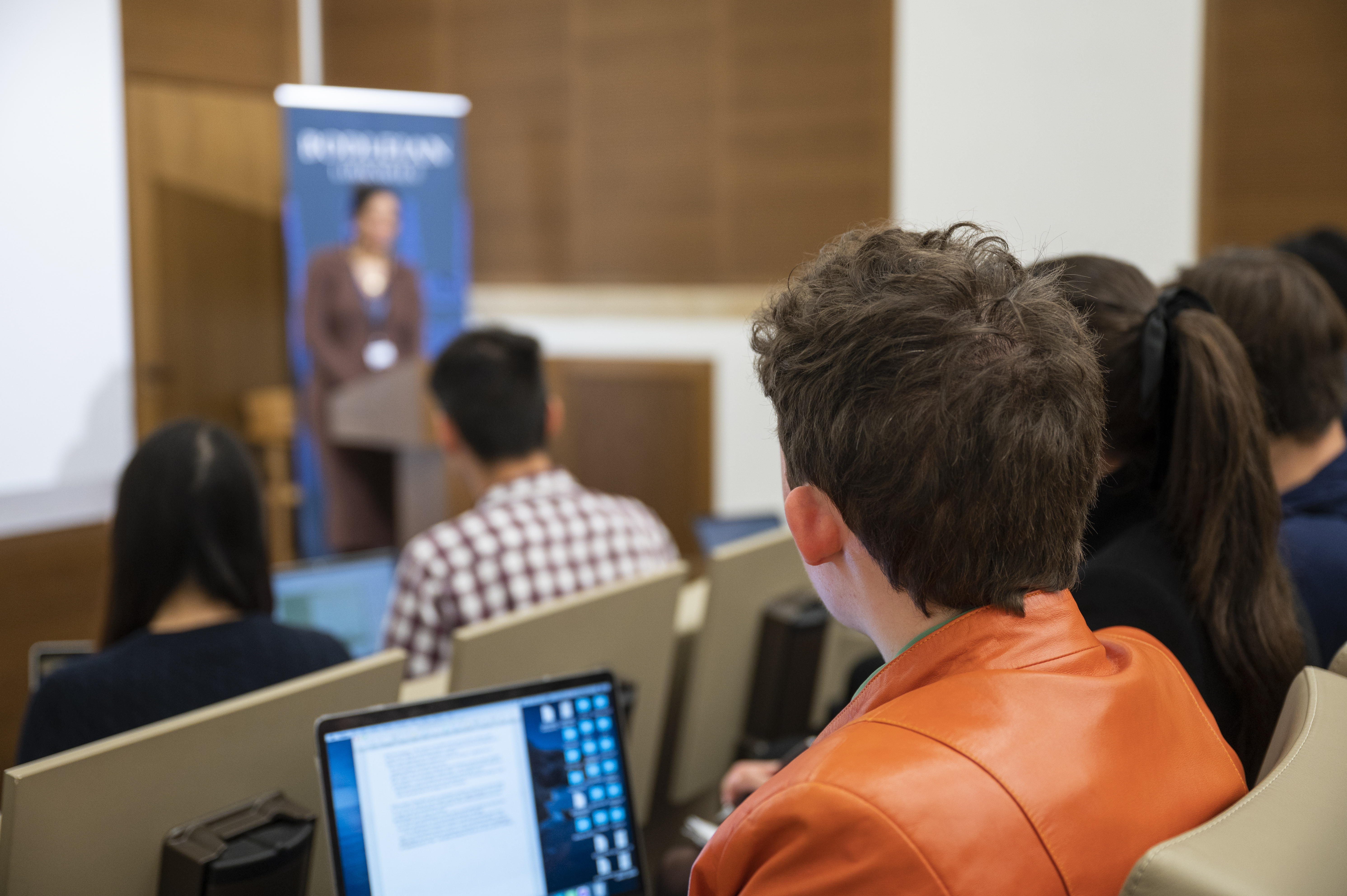14:00
Statistical Mechanics of Signed Graphs
Abstract
Networks provide a powerful language to model interacting systems by representing their units as nodes and the interactions between them as links. Interactions can be connotated in several ways, such as binary/weighted, undirected/directed, etc. In the present talk, we focus on the positive/negative connotation - modelling trust/distrust, alliance/enmity, friendship/conflict, etc. - by considering the so-called signed networks. Rooted in the psychological framework of the balance theory, the study of signed networks has found application in fields as different as biology, ecology, economics. Here, we approach it from the perspective of statistical physics by extending the framework of Exponential Random Graph Models to the class of binary un/directed signed networks and employing it to assess the significance of frustrated patterns in real-world networks. As our results reveal, it critically depends on i) the considered system and ii) the employed benchmark. For what concerns binary directed networks, instead, we explore the relationship between frustration and reciprocity and suggest an alternative interpretation of balance in the light of directionality. Finally, leveraging the ERGMs framework, we propose an unsupervised algorithm to obtain statistically validated projections of bipartite signed networks, according to which any, two nodes sharing a statistically significant number of concordant (discordant) motifs are connected by a positive (negative) edge, and we investigate signed structures at the mesoscopic scale by evaluating the tendency of a configuration to be either `traditionally' or `relaxedly' balanced.
14:00
Physical Network Constraints Define the Lognormal Architecture of the Brain's Connectome
Abstract
While the brain has long been conceptualized as a network of neurons connected by synapses, attempts to describe the connectome using established models in network science have yielded conflicting outcomes, leaving the architecture of neural networks unresolved. Here, we analyze eight experimentally mapped connectomes, finding that the degree and the strength distribution of the underlying networks cannot be described by random nor scale-free models. Rather, the node degrees and strengths are well approximated by lognormal distributions, whose emergence lacks a mechanistic model in the context of networks. Acknowledging the fact that the brain is a physical network, whose architecture is driven by the spatially extended nature of its neurons, we analytically derive the multiplicative process responsible for the lognormal neuron length distribution, arriving to a series of empirically falsifiable predictions and testable relationships that govern the degree and the strength of individual neurons. The lognormal network characterizing the connectome represents a novel architecture for network science, that bridges critical gaps between neural structure and function, with unique implications for brain dynamics, robustness, and synchronization.
14:00
Mapping regularized network flows on networks with incomplete observations
Abstract
Real-world networks have a complex topology with many interconnected elements often organized into communities. Identifying these communities helps reveal the system’s organizational and functional structure. However, network data can be noisy, with incomplete link observations, making it difficult to detect significant community structures as missing data weakens the evidence for specific solutions. Recent research shows that flow-based community detection methods can highlight spurious communities in sparse networks with incomplete link observations. To address this issue, these methods require regularization. In this talk, I will show how a Bayesian approach can be used to regularize flows in networks, reducing overfitting in the flow-based community detection method known as the map equation.

It's the week 2 student bulletin!
We're sure that you've all settled back into your regular routines in Oxford now! This week we've got some more information on future Fridays@2 events and a number of internship and career opportunities. Today is also the deadline for Oxford SU sabbatical officer elections. Scroll down to find out more!
11:00
A new take on ergodicity of the stochastic 2D Navier-Stokes equations
Abstract
We establish general conditions for stochastic evolution equations with locally monotone drift and degenerate additive Lévy noise in variational formulation resulting in the existence of a unique invariant probability measure for the associated ergodic Markovian Feller semigroup. We prove improved moment estimates for the solutions and the e-property of the semigroup. Examples include the stochastic incompressible 2D Navier-Stokes equations, shear thickening stochastic power-law fluid equations, the stochastic heat equation, as well as, stochastic semilinear equations such as the 1D stochastic Burgers equation.
Joint work with Gerardo Barrera (IST Lisboa), https://arxiv.org/abs/2412.01381

The nomination deadline for the Oxford SU sabbatical officer elections for 2025-26 is today Friday 31st January.
We're looking to encourage strong candidates to run and there's still time to make a nomination. If you know any students who you think would make great sabbatical officers, please either:



 The mid-term questionnaire is now available on Moodle and will remain open until Friday 7th February.
The mid-term questionnaire is now available on Moodle and will remain open until Friday 7th February.
